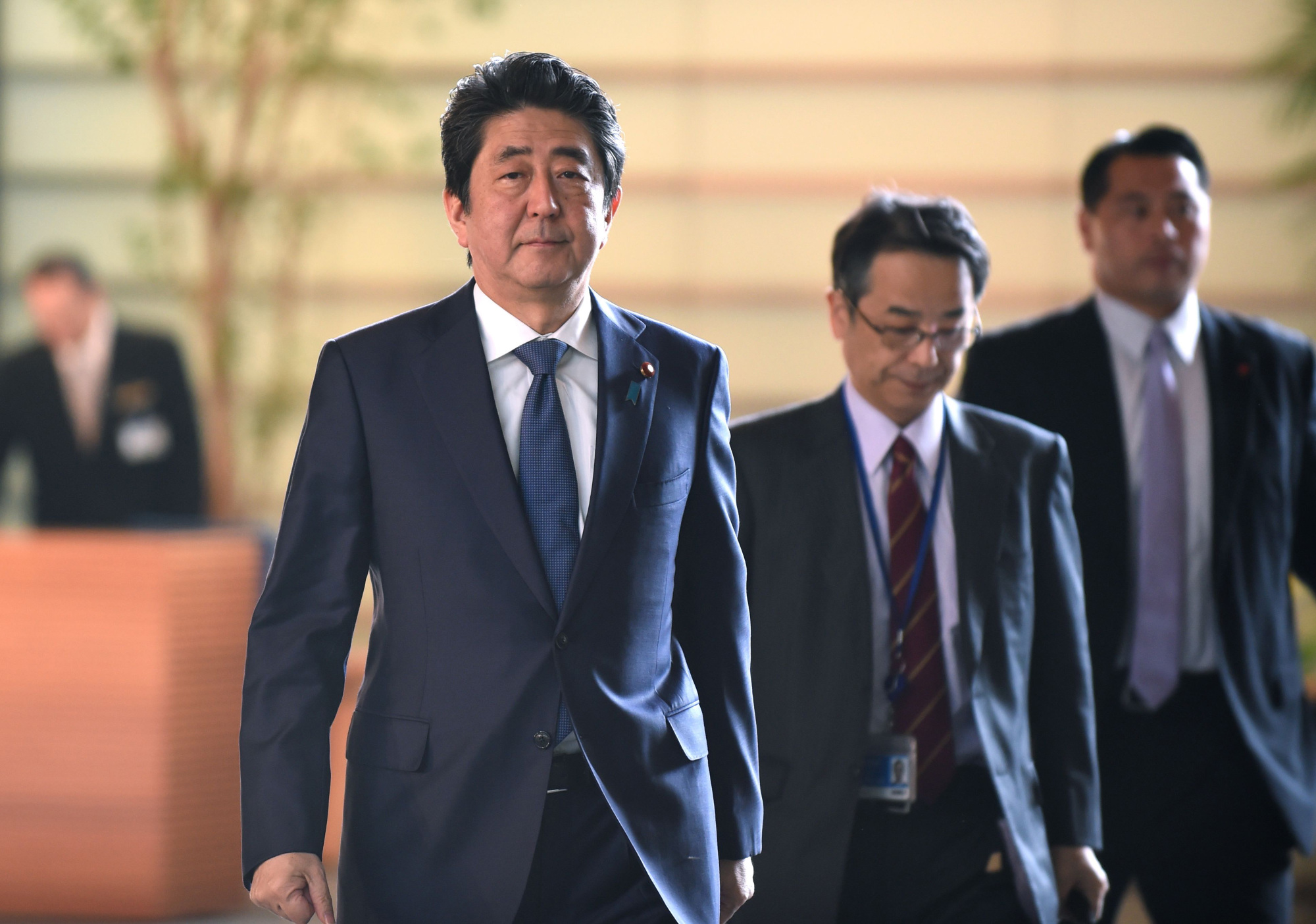The Free and Open Indo-Pacific has become one of the key concepts in Japan's contemporary foreign policy. Foreign Minister Taro Kono has included it as one of his six priorities, and Japan has worked hard to convince other countries, including the United Kingdom and France, to endorse it. However, while the principled rhetoric about the Free and Open Indo-Pacific (FOIP) may sound appealing, Japan's actions raise questions about whether the strategy is really anything more than window dressing for the pursuit of Japan's narrow economic and strategic interests.
The main aim of Japan's FOIP is to promote connectivity between Asia, the Middle East and Africa. This means that the strategy is closely related to promoting free trade, infrastructure investment and development. It is therefore no surprise that Prime Minister Shinzo Abe chose the Tokyo International Conference on African Development (TICAD) as the venue for his first major speech on this topic in August 2016. This economic focus makes FOIP distinct from "the Quad," a fledgling security dialogue between Japan, Australia, India, and the United States.
Japan's enthusiasm for FOIP derives from the recognition that, due to its shrinking domestic population, Japanese economic growth will increasingly depend on access to overseas markets. However, the international rules-based order that has made free trade possible is under threat both from an assertive China and from a U.S. administration that appears unwilling to defend the very system that underpins its national prosperity. Washington's negligence has therefore encouraged Tokyo to do more itself to uphold this rules-based order.

















With your current subscription plan you can comment on stories. However, before writing your first comment, please create a display name in the Profile section of your subscriber account page.